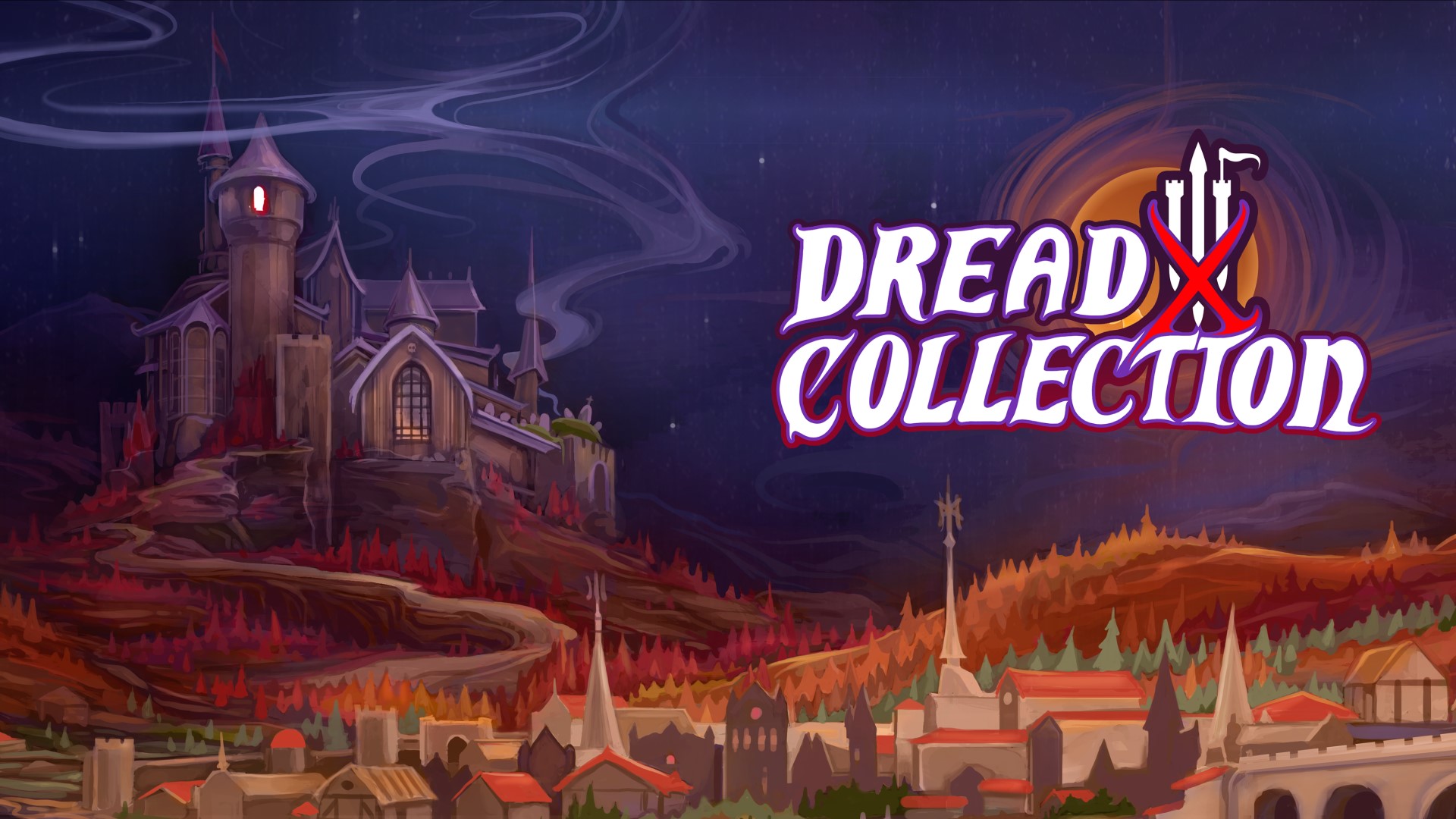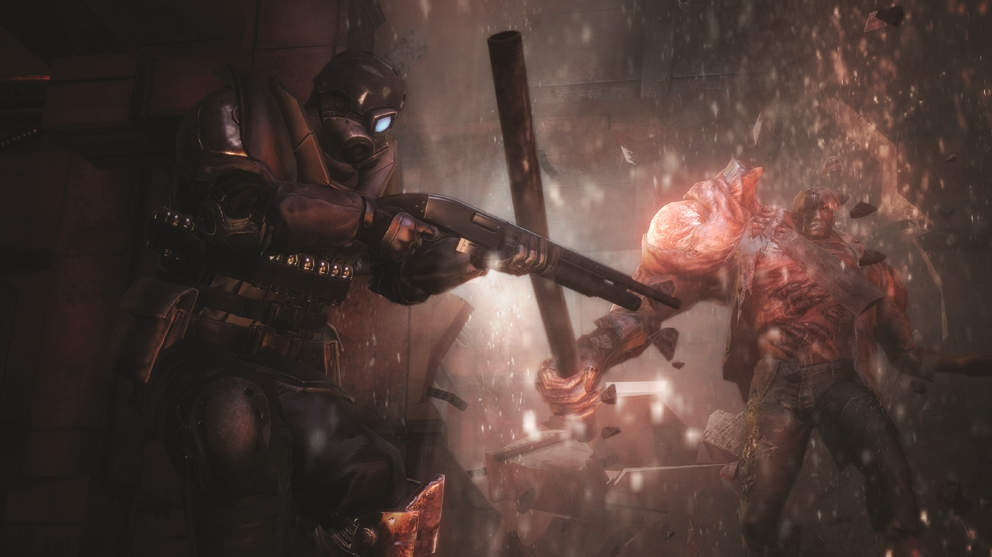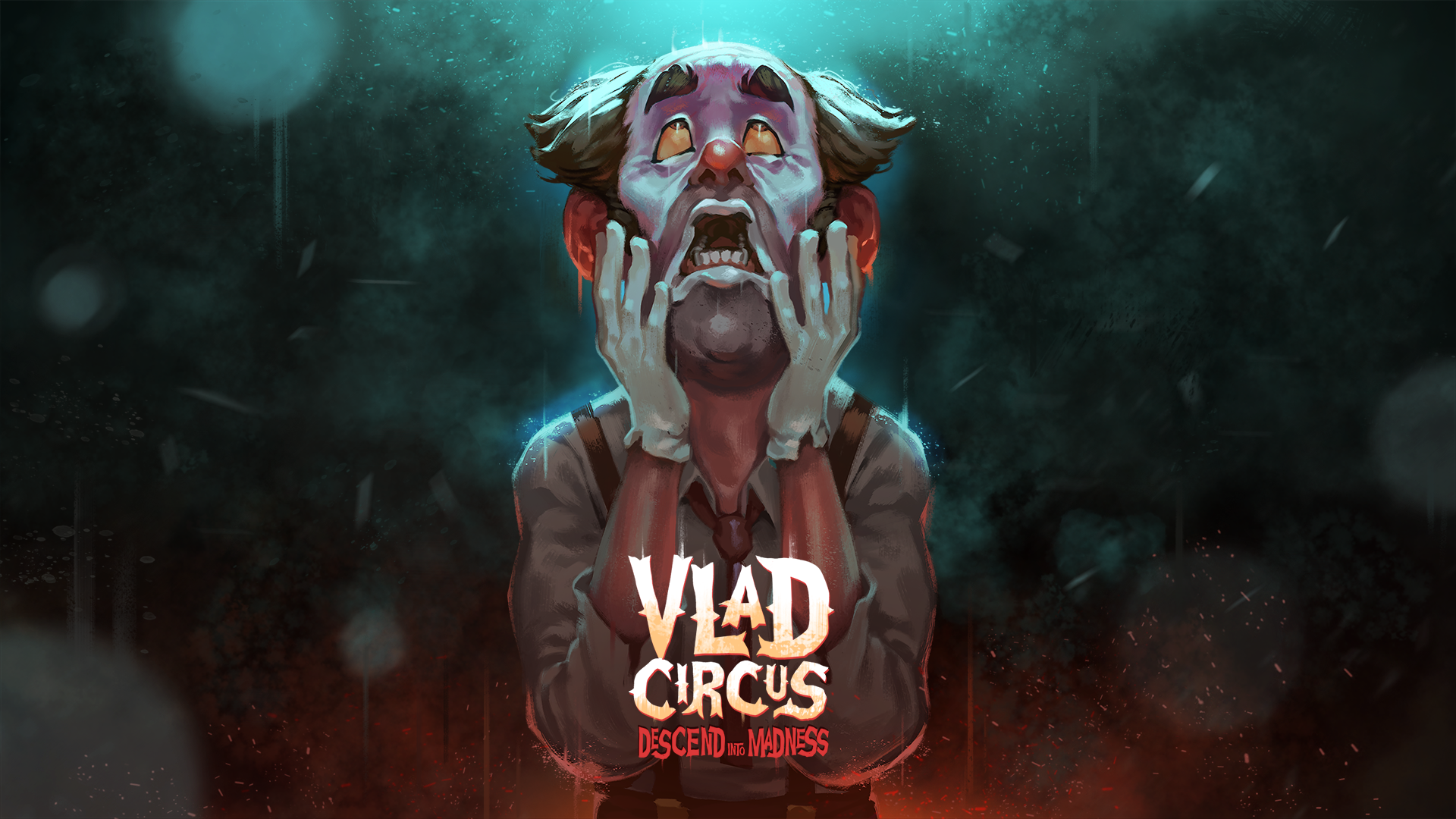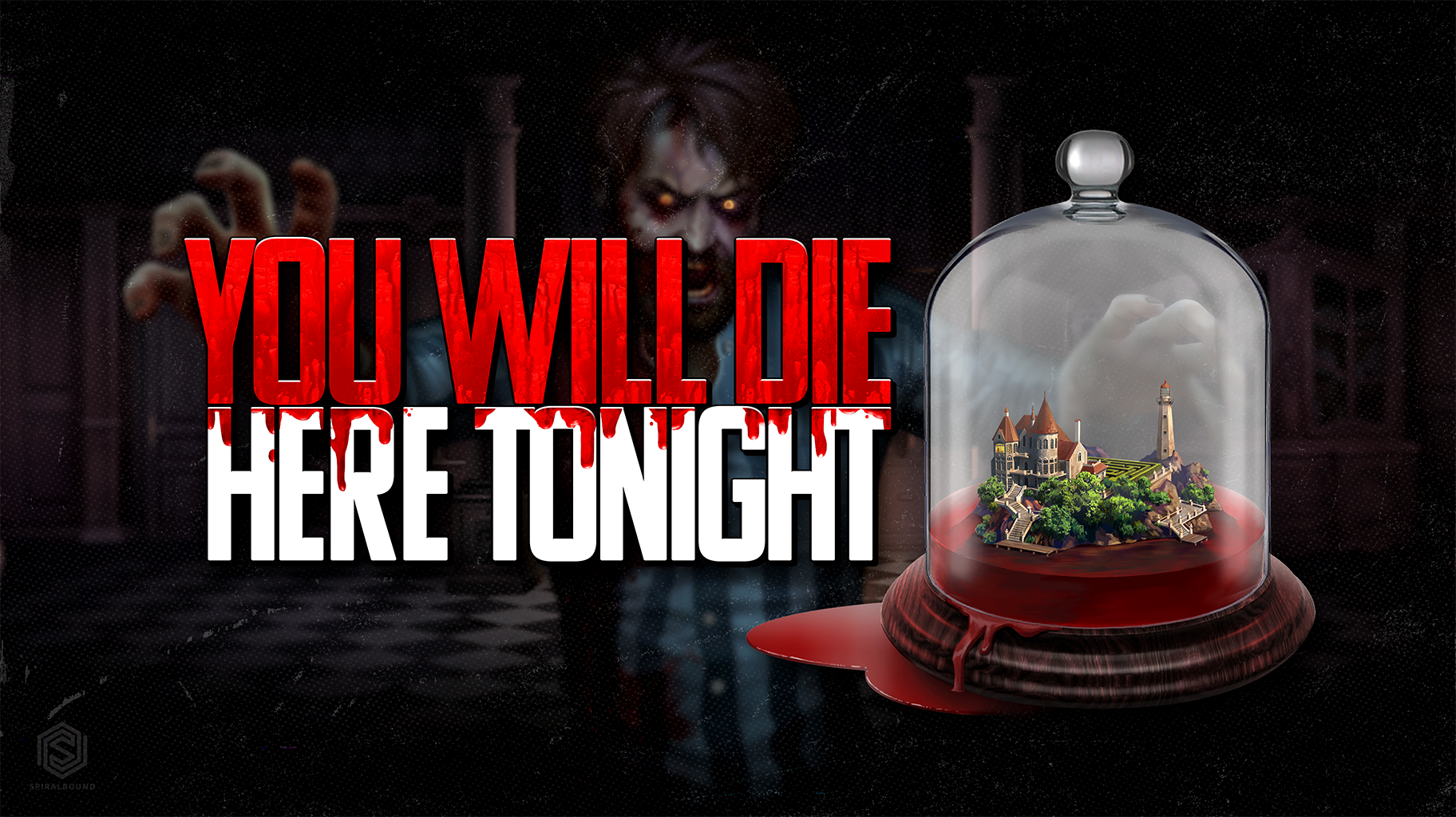
Realms of Terror: Why Survival Horror Needs Less Sequels and More Anthologies
Anthologies are a rare beast in the world of survival horror games. This is a shame, because the concept may very well offer a way out for one of the genre’s biggest pitfalls. In this editorial, we’re going to look at what this is, and how anthologies can overcome it.
Familiarity Breeds Contempt
Stop me if you’ve heard this one before. Something new comes along and it’s a hit. A sequel’s made, often with a bigger budget, and does equally well. Maybe the good run even extends to a third installment, although things might be fraying around the edges a bit. Quality becomes a crapshoot after this, although if a series has made it to a fourth inning, it’s likely it’s developed a fanbase so loyal they won’t care what levels of hot garbage the whole thing descends to.
It’s a pattern you often see in the horror genre. How many cult classic films have followed this formula, or minor variations of it? Friday the 13th, Candyman, Child’s Play, Nightmare on Elm Street, Halloween, Hellraiser, Phantasm, Puppet Master; the list goes on. The dreaded disease of ‘sequelitis’; a series hitting a peak and then suffering malingering decline, seems endemic to horror. It’s less widespread when it comes to horror games, but that’s only because there are so few titles that become franchises in the first place.

Dead Space is probably the poster child of sequelitis in horror video games. A series that started out as a pure survival horror experience, it later degenerated into an unfocused co-op action game that was a far cry from its Event Horizon inspired roots. But really, it’s something that’s affected virtually every other horror series as well. Silent Hill took a nosedive after 4 and has never recovered even by the most liberal standards. A similar fate befell the by now virtually forgotten Alone in the Dark series, as well as Siren and Fatal Frame.
Sequelitis need not be deadly. Resident Evil is unique as an IP that has suffered and recovered from it not once, but twice, first with the wilderness years after Resident Evil 3: Nemesis, and then again after Resident Evil 4. In each case, a dose of hard back-to-basics drugs and a round of gameplay innovation therapy brought it back to fighting fitness. But whilst the symptoms of sequelitis may be treatable, the underlying condition is incurable. It’s a constant sword of Damocles, ready to drag a patient down into the mire of mediocrity. With the resurgence of bad plot writing and general silliness in Resident Evil 7‘’s DLC and Resident Evil: Village, it’s hard not to wonder if Capcom’s iconic franchise isn’t already beginning to look a bit peaky again.

Nothing to Fear
Of course, anything that repeats itself too much is in danger of going stale. But the horror genre may be uniquely vulnerable to this. Fear of the unknown is a core element of a good scare, but for each successive installment that follows the same plotline, it becomes harder and harder to maintain the mystery. Eventually, things get worn out, with the only options being to let the series die, hitting the reset button, or jumping the shark.
So how can an aspiring horror game series protect itself against sequelitis? Enter the humble anthology. Anthologies are certainly nothing new in the horror space. In films we’ve had things like Creepshow, Trick ‘r Treat, Tales from the Darkside, Southbound, and Ghost Stories (to name just a few), yet they’re pretty rare in games. The Dark Pictures Anthology is probably the most well-known, although there are a few others as well, such as the Haunted PS1 Demo Disk and (cough cough) our very own Dread X Collections. But barring one or two other indie contenders, that’s about it. This is wasted potential.

Such Sights to Show You
It sounds a bit academic (read: wanky), but it’s a truism that the best horror is all about subversion. It presents us with a situation of normality, then undermines it to reveal something far more horrible instead. The friendly neighbor turns out to be a deranged killer. An ordinary hotel hides a sinister presence. A quiet American town is controlled by eldritch powers. In all these cases, the veil of the mundane is ripped away and replaced with a world state that is alien and unnerving to us.
One of the best practitioners of this type of horror is Japanese Manga artist Junji Ito. The inspiration for the game World of Horror, most gamers will probably have been introduced to Ito’s work through the announcement that he was going to work on the canceled Silent Hills title (and may Konami still be thrice-damned for scrapping that game). If you haven’t heard of Ito or read any of his work, I highly recommend doing so. Although he’s done a few graphic novel-length features, the majority of Ito’s pieces are short stories of a few dozen pages or so. Ito is a master of this format, creating self-contained narratives where ordinary people are given glimpses into a universal order that is malignant, bizarre, and inexplicable. Rarely if ever are things fully explained. Instead, the supernatural events are simply presented as brute facts, their workings and motives ultimately inscrutable.

Games need more of this type of horror. That is, they need stories where some questions still remain even after the credits roll. The anthology is the perfect vehicle for this, as it allows developers to effectively create unconnected pocket dimensions in which each game’s central horror can dominate, and not be compromised by later revelations or revisions.
To see the appeal of this, consider again the Resident Evil games. One of the big problems with the Resident Evil universe is how increasingly unbelievable it keeps getting with each installment. An isolated event in the Arklay Mountains or a never-before-seen outbreak in a city are both conceivable. Each assumes that there’s a world outside the on-screen action that’s more or less like our own. Later on, with numerous bioweapon outbreaks and seemingly endless locations where the Umbrella Corporation has set up shop, things are very different. Now it seems like zombie-infested cities and mutant-making megacorporations are just the default of this world, to the point that it seems scarcely credible. The same goes for the recurring characters, who start off as basic law enforcement personnel and end up becoming globe-trotting super soldiers, able to decimate whole armies of monsters single-handedly.

Shady Business
Probably the main reason we don’t see many horror anthologies is because of risk aversion, whether it be from the developer or the publisher. Games are a business at the end of the day, and, pessimistically speaking, each new story is a new chance to screw things up. But this conservative approach misses out on the opportunities an anthology format presents. For one thing, making a standalone story means that developers don’t have to factor in sequels when coming up with a premise and narrative. This can make for a much more satisfying experience overall, increasing the chance of another installment in the first place.
For another, anthologies allow developers to keep elements that work (such as a particular motif or gameplay mechanic) and ditch things that weren’t so hot with little consequence. When a franchise follows a formula, it can sometimes find itself getting trapped by it. Original design decisions may show their constraints, whilst narrative problems can become even more glaring. Whilst any series will have some unifying features, anthologies offer a lot more flexibility when it comes to changing things up.

Anthologies aren’t a complete cure-all for sequelitis. The core elements they share can become overplayed with time. Maybe it was the frequent pop-in textures or jarring character transitions, but the recent House of Ashes left me feeling less enthusiastic about The Dark Pictures Anthology than previous outings. Nothing is perfect, and nothing can escape eventual stagnation. But anthologies give developers the chance to open up new vistas of terror with each new game, something every horror fan should surely celebrate.




